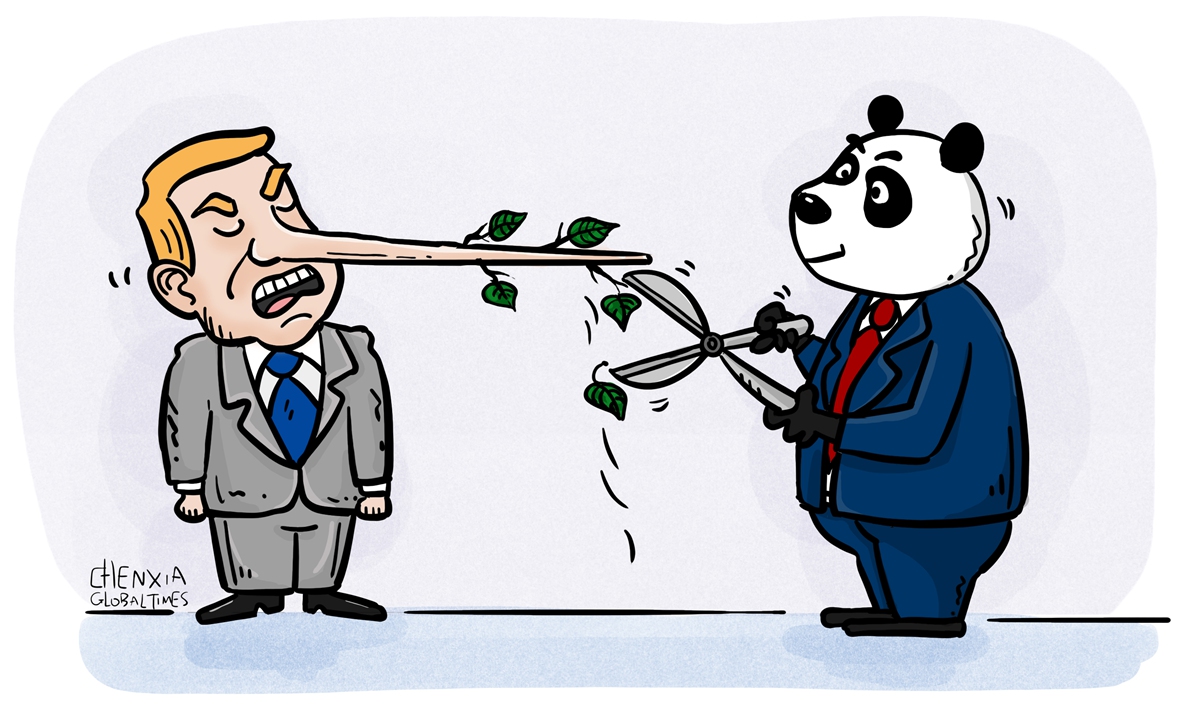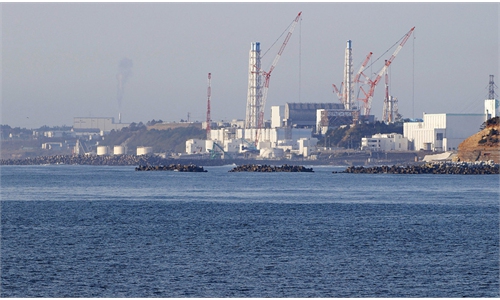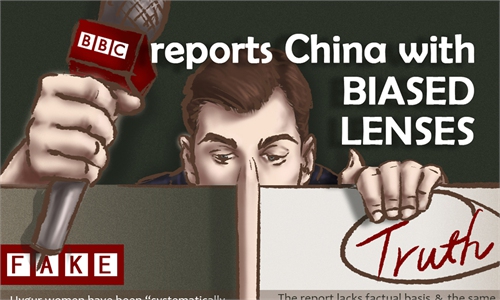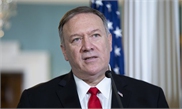
Illustration: Chen Xia/GT
In an editorial article published on Sunday, The Wall Street Journal once again displayed its double standard and ideological bias by describing Australia's move to tear up the state of Victoria's Belt and Road Initiative (BRI) agreement as a "backlash" against China's "economic coercion."
There has always been a deep-seated anti-China mentality and sometimes even racial discrimination in The Wall Street Journal's China-related commentary. Last year, one of such commentaries provoked widespread anger among Chinese people by using the title "China is the real sick man of Asia." It is not very surprising that the newspaper has always failed to take an objective view toward China when it opines on China-related topics.
The WSJ editorial on Sunday, once again, baselessly defines China's actions against Canberra as "economic coercion". The state of Victoria signed the BRI agreement with China in 2019 to improve the state's infrastructure which also would create crucial job opportunities there. But politicians in Canberra decided to tear up the agreement, claiming the deal endangers Australia's national security, which proves nothing but Canberra's naked hostility toward China.
Since Canberra's glaring interference in China's internal affairs shows that the Morrison administration considers its economic ties with China less important than its political pursuits, to some extent the fate of the Victoria's BRI agreement may be inevitable.
Second, as far as discriminatory trade practice is concerned, Australia is actually the country that discriminates the first and the most against Chinese products and companies. Let alone the blocking of numerous Chinese investment projects in the country, Canberra launched more than 100 anti-dumping and anti-subsidy investigations against Chinese products, while China only initiated four probes against Australian goods.
Third, the WSJ editorial also said that "Australia has lost billions of dollars in commodities sales" resulting from its very fraught relationship with China.
It is understandable for most economies to record some trade decline due to the pandemic. China is Australia's largest trading partner, but it is not China's responsibility to provide a market for Australia's exports in perpetuity. Sustainable economic and trade cooperation requires efforts from both sides.
Ever since the trade tensions between China and Australia broke out, the narrative about China's "economic coercion" has become catnip for Western media outlets.
It is not uncommon to see the Western media depict Canberra as a victim to China's economic retaliatory measures for defending its own national interests, while those media deliberately skirting around the fact that Australia has always followed the US government in every move to impinge on China's sovereign-right issues related to Hong Kong, Xinjiang, and Taiwan, among others. But these media never ask: Why does Australia, after living up to its values by sabotaging ties with China, still have such a high requirement for trade with its top trading partner?
If the WSJ has any concept of professional ethics, it should tell its readers that while Australia continues to provoke China over issues of China's sovereignty, it is the one that has been ramping up its trade tensions with China.
It is Canberra that moved to ban Huawei's 5G equipment in order to keep tandem with the US government, and it is Canberra that has routinely interfered into China's internal affairs by intruding into China's policies in Hong Kong, Xinjiang, Taiwan and South China Sea.
Just as a spokesperson for the China's Foreign Ministry said on Tuesday, Australia "is sick" and Canberra needs to take medicine now.



